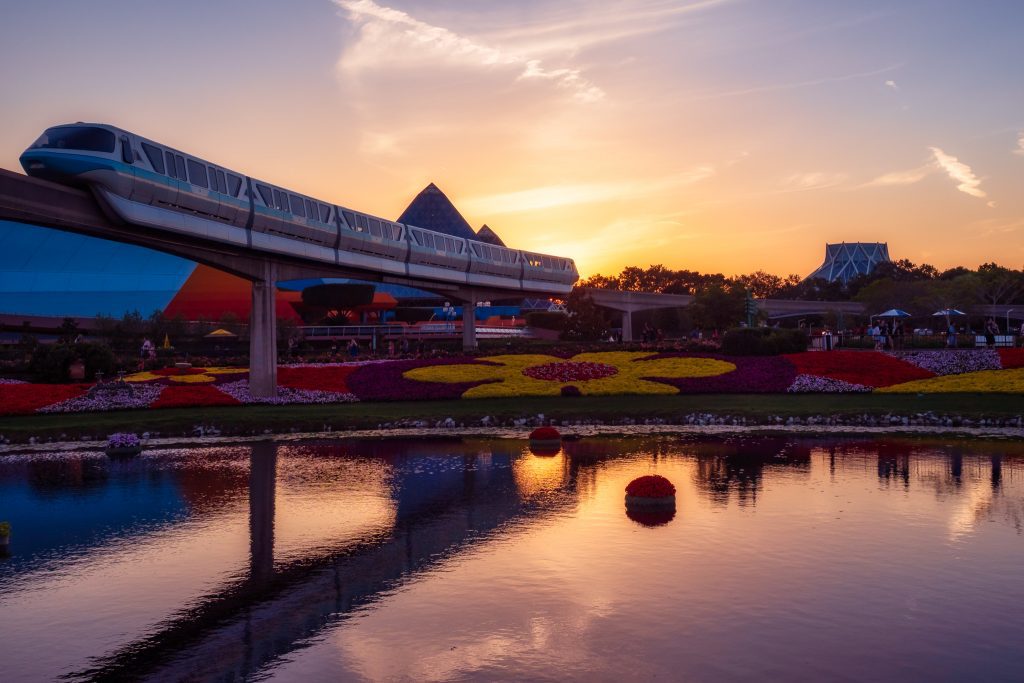6 Top Theme Park Industry Developments of 2018

Skift Take
Theme parks got more creative with loyalty and pricing, ramped up their building boom, and took steps to raise employee wages in 2018. One operator mounted a turnaround, while another struggled to meet expectations. Here are some highlights from a year of strategic twists and turns.
For a business designed with surprise and delight in mind, the theme park industry often has a predictable rhythm: new rides are added, new lands are built, and (almost inevitably) prices go up.
We saw plenty of that kind of news over the past year, as operators sought to encourage repeat business while driving higher revenue. (Exhibit A: the new Toy Story Land at Disney's Hollywood Studios, which is also building an addition devoted to Star Wars.)
International growth also continued to hold promise, as Six Flags signed more agreements for parks in China; Disney announced plans to invest $2.5 billion to expand its Paris property; and Universal reportedly doubled the budget for its upcoming Beijing park.
Beyond the expected additions, though, the industry's biggest players made news in other ways. Below are six of the theme park stories that captured our attention in 2018:
SeaWorld Makes All the Changes
It's been a rough period for SeaWorld, a company often described as "embattled" in the five years since the critical documentary Blackfish was released.
After an attempt at a turnaround that included replacing top leadership, ending the breeding program for captive orcas, and shifting emphasis away from animal entertainment to rides, the company still wasn't seeing much success.
So in February, the company's board decided it was time to try something new. Three years after he was hired, CEO Joel Manby stepped down. The chief creative officer and chief marketing officer, executives Manby brought in, also departed over the next month.
John Reilly, a longtime insider, was named interim CEO; he remains at the helm. Early
